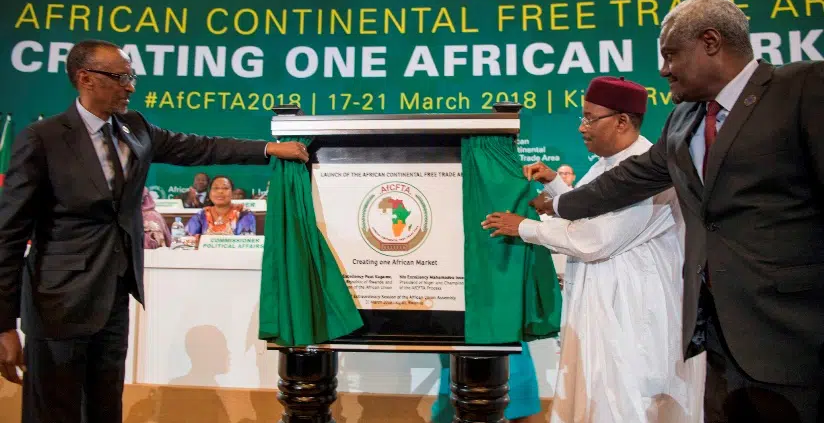Ethiopia’s Trade Prospects Amid AfCFTA Integration
Africa is entering a new era of trade and investment, focusing on collaboration, creativity, and the digital economy. Representatives from World Trade Center (WTC) Cairo, WTC Addis Ababa, and WTC Abuja discussed the trade prospects and challenges facing Egypt, Ethiopia, and Nigeria in 2023.
WTC Addis Ababa’s CEO, Rateneh Fassil, emphasized the importance of regional and continental trade integration through the African Continental Free Trade Agreement (AfCFTA) for Ethiopia’s growth and recovery, particularly in infrastructure, education, and health sectors.
READ ALSO: Ethiopia’s Delicate Balance to Progress
Although intra-African trade currently stands at only 14%, Fassil is optimistic about the potential for growth across the borderless AfCFTA market. The Ethiopian economy’s opening, particularly in finance, banking, retail, telecom, and IT sectors, offers significant opportunities for growth and employment. The government’s self-reliance scheme and completion of power supply infrastructures are expected to give Ethiopia a competitive edge and increased export capabilities.
Challenges such as changing regulatory environments, foreign exchange shortages, global fuel prices, and inflation persist. However, sustained peace and AfCFTA implementation are considered key factors for trade and investment growth in Africa. The recent African Union summit emphasized strengthening integration and cooperation for AfCFTA’s success.
Moreover, increasing focus from countries like China and the U.S. is viewed as a positive sign for Ethiopia’s future. China’s cautious investment strategy and the U.S.’s reorientation toward Africa, demonstrated by the recent “U.S.-Africa Leaders Summit,” indicate growing international interest in the region.
Read more.






 Wikipedia
Wikipedia Top10VPN
Top10VPN IEEE.org
IEEE.org Getty Images
Getty Images



Leave a Reply
Want to join the discussion?Feel free to contribute!